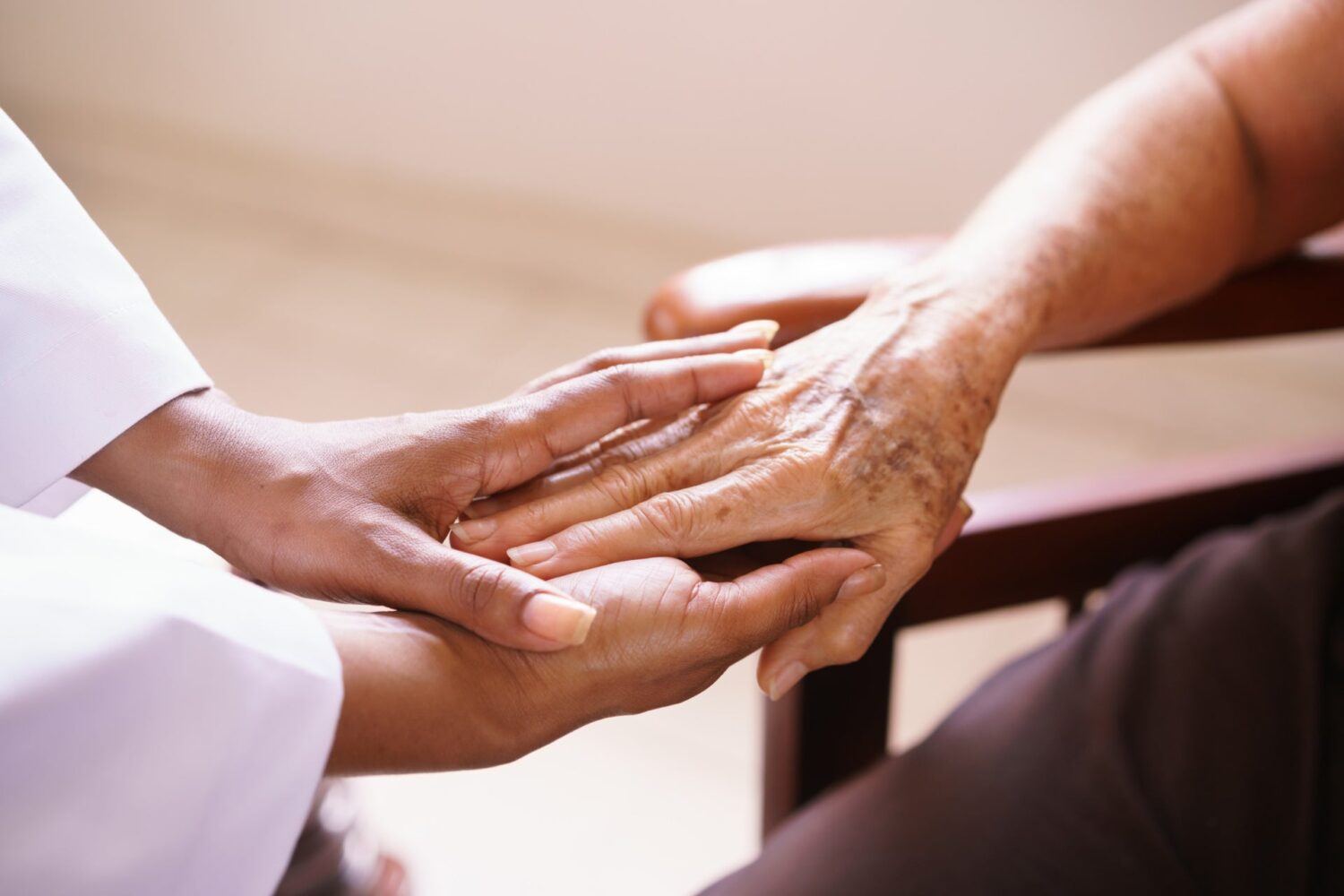Dan Buettner is the founder of Blue Zones LLC. He will speak as part of the Healthy Communities track at Spotlight Health. Below he discusses the five places in the world — dubbed Blue Zones — where people live the longest, healthiest lives.
What are Blue Zones, and what should we know about these regions?
Blue Zones areas are regions of the world where people live much longer than average.
The first one off the coast of Italy, the island of Sardinia. It is a population of shepherds that get regular low-intensity physical activity. They eat a mostly plant-based diet and have a culture that celebrates age. On the other side of the planet, the world’s longest-lived women live on Okinawa. The cornerstone of their diet for the last 100 years has been sweet potatoes. They have a strong sense of purpose, embodied in the word ikigai, and have very strong social networks. Here in America, we found a Blue Zone among the Seventh Day Adventists in Loma Linda. Their diet is fully plant-based and they focus their time on family and faith.
Then there is the island of Ikaria, Greece. This is a population where people live about eight years longer than the rest of us. They eat a Mediterranean-style diet, with lots of fruits and vegetables, whole grains, beans, and olive oil. Ikarians make family and friends a priority and downshift by napping daily.
The Nicoyan peninsula of Costa Rica is home to some of the hardest working centenarians. They have a ‘plan de vida’ and wake up with a sense of purpose. Their diet is mainly corn, beans, and squash — the three sisters of Mesoamerican agriculture.
What are the simplest steps that people can take to change their lifestyles and live longer?
First, surround yourself with other like-minded healthy friends who eat-plant-based food, whose idea of recreation is biking or playing tennis or gardening and who challenge you to keep your mind engaged. If your three best friends are obese, there’s a 150 percent greater chance you’ll be overweight. So, hang out with people who have the health you aspire to.
What is the most interesting finding that you’ve recently discovered on your quest to find the key to a long and happy life?
That the key to health and happiness is not a silver bullet but instead a silver buckshot. There is no fountain of youth or magic pill that we can take to live long healthy, happy lives. It takes many small changes to create an environment that curates healthy living. And there are populations that have achieved the outcomes we’d like.
When personal success is often measured by climbing up the career ladder and managing a full plate of commitments, what can we do to find a balance in our lives?
The US is fast-paced. Work hours are often long and vacation time short. We have also created an environment where we go through the drive-through and eat dinner while driving, in front of our computers or hurry home to eat in front of the television. It has become an environment where we work now and to sit around, relax, play some golf and do anything but work during retirement. There needs to be a better balance. Take more vacation, do not check emails after work hours, eat dinner with family and friends at a table without any distractions, go on a long walk with a friend over your lunch break. These small nudges to downshift throughout the day also help us eat less, move more and simply enjoy life.
How do you feel your own life has been impacted since you began your research into the Blue Zones?
I try my best to practice all of the Power 9 principles every day. I bike or walk to work as much as possible even in the coldest of winters here in Minnesota. I make sure to constantly connect with friends and family and I always make sure that I find time to decompress even with a busy schedule. These habits may be a bit difficult at first because changing any aspect of your life is hard but once you start you end up doing them naturally. It is very important that you do not need to beat yourself up over the little details every day. As long as you are continuing to make small changes to a healthier you, you are on track.
If you could give one piece of advice to people in pursuit of true happiness, what would it be?
I received this advice from the happiest man I met in the entire world, Armando — eat without gluttony, drink without getting drunk, love without jealousy, and occasionally, with great discretion, misbehave.
The views and opinions of the author are his own and do not necessarily reflect those of the Aspen Institute.


